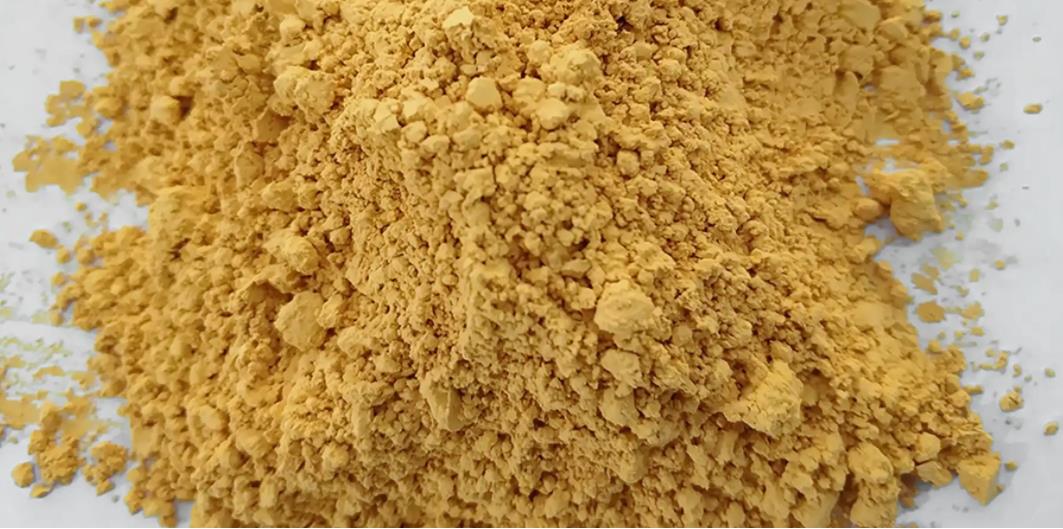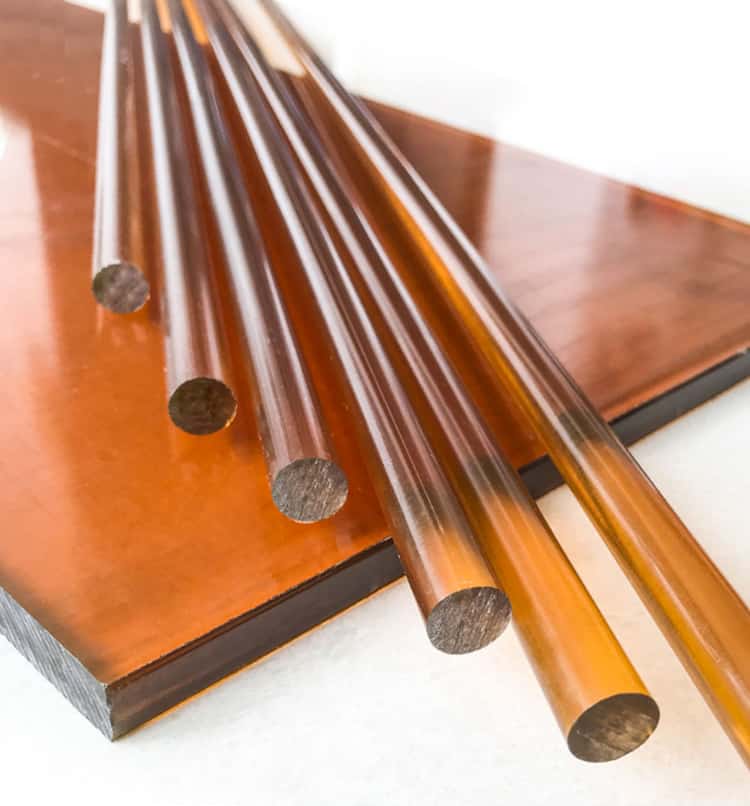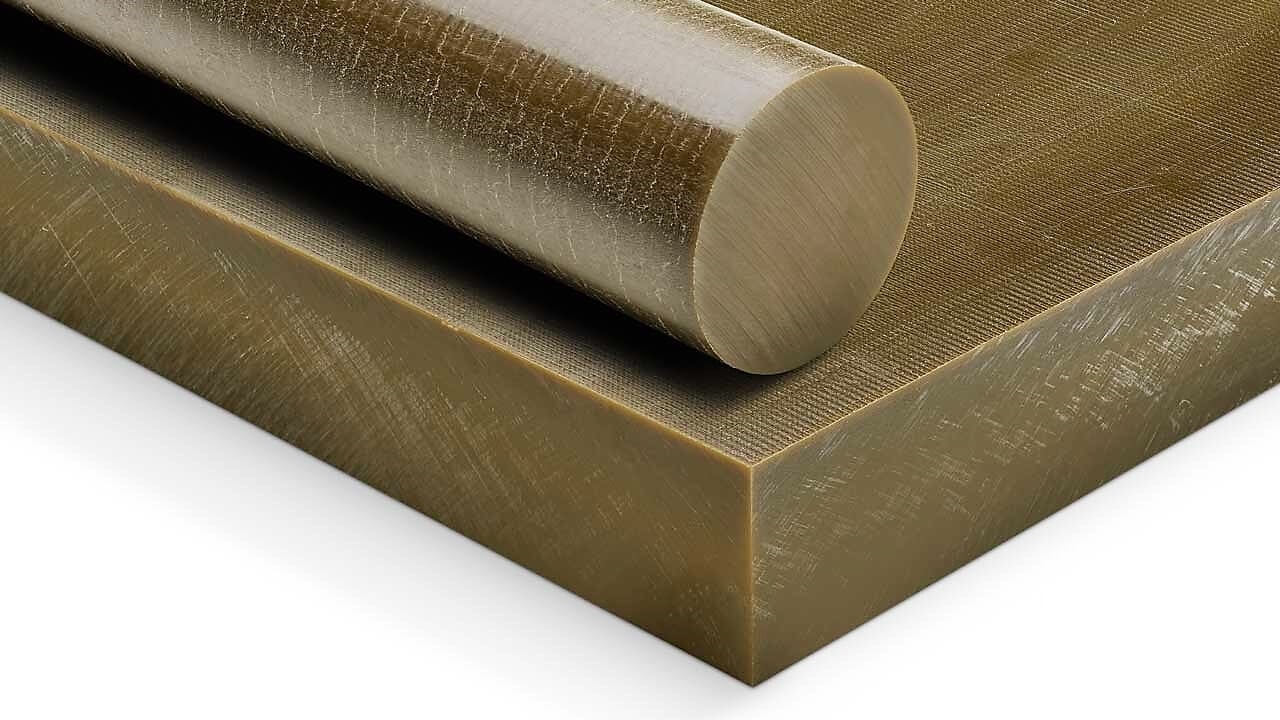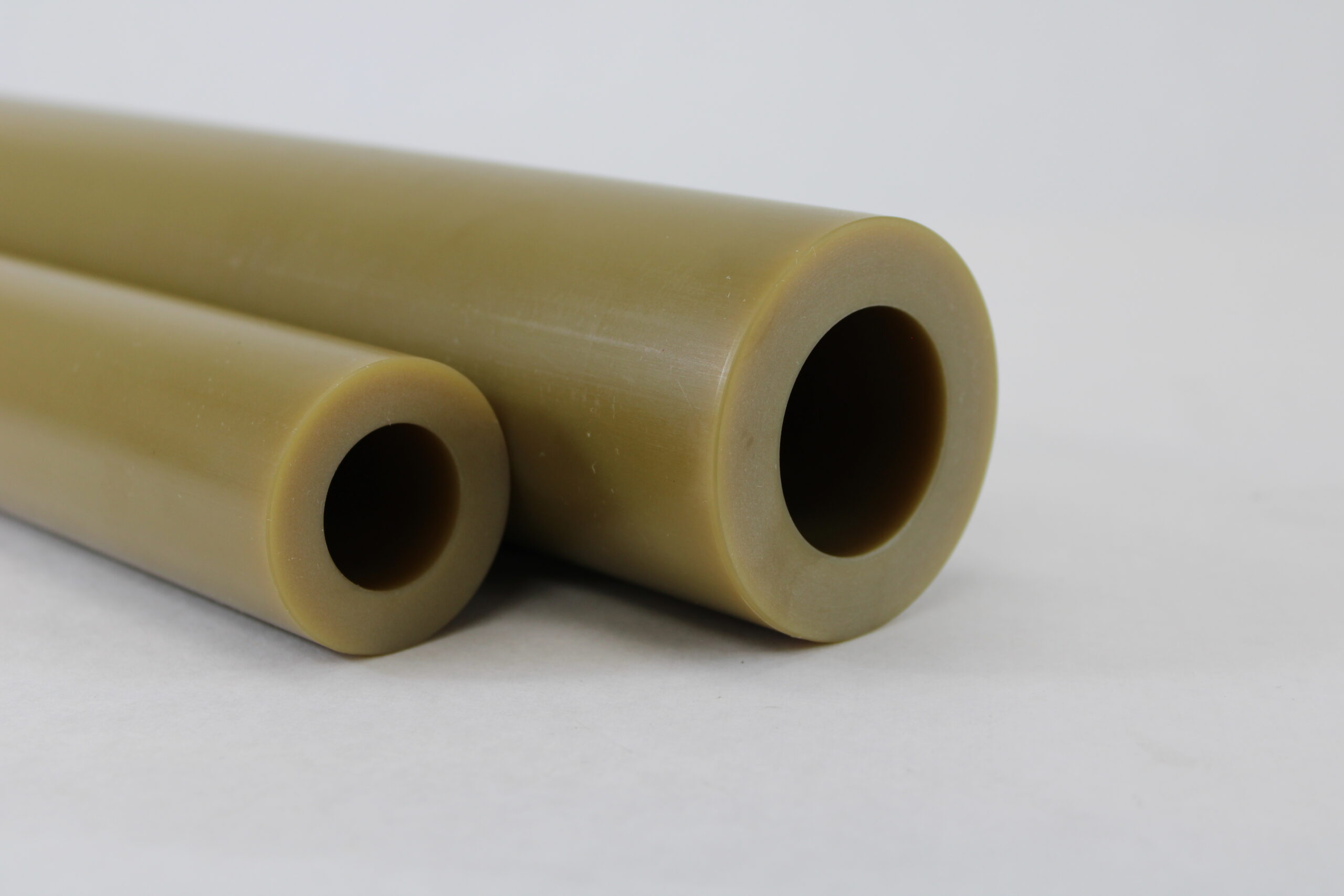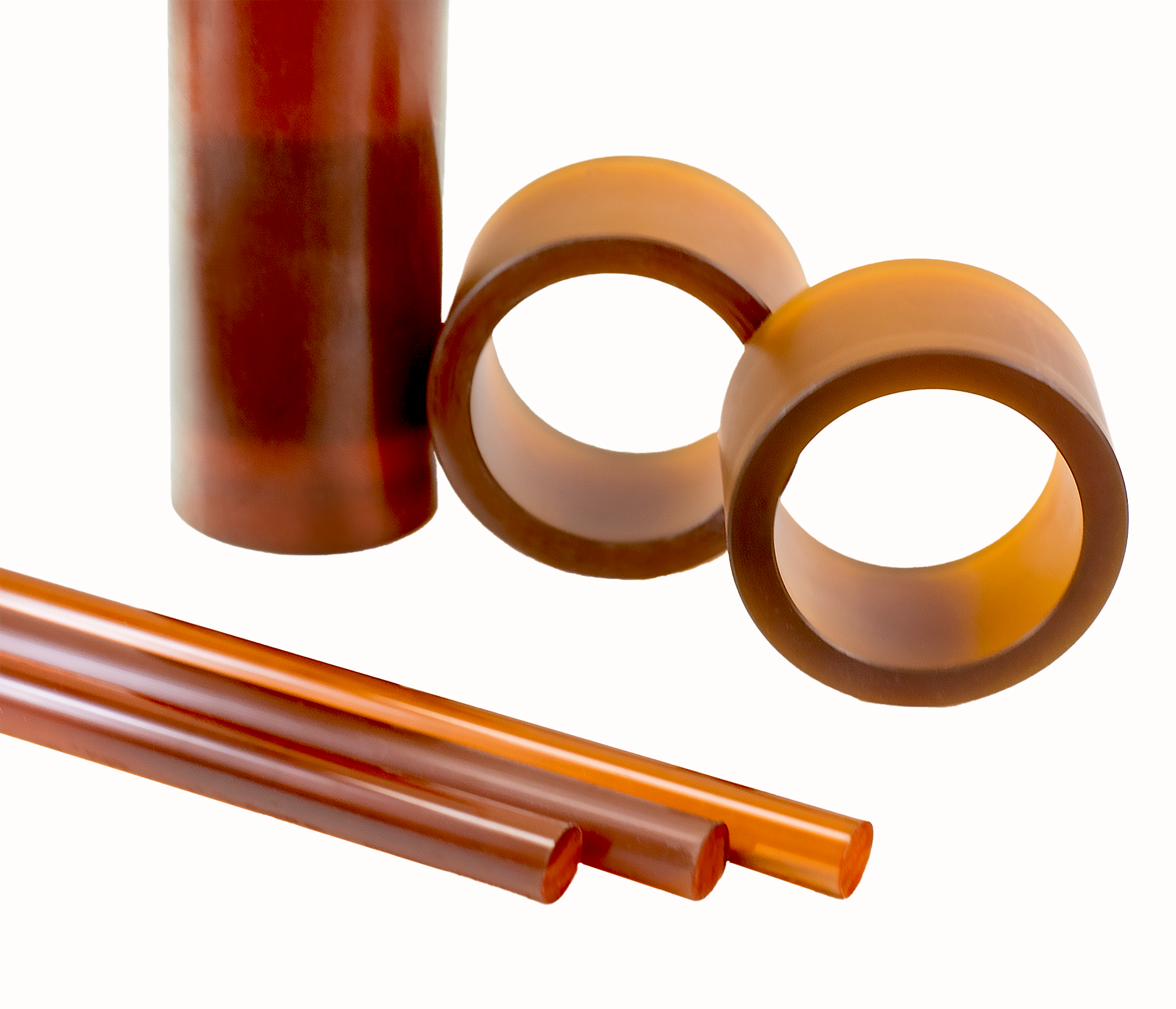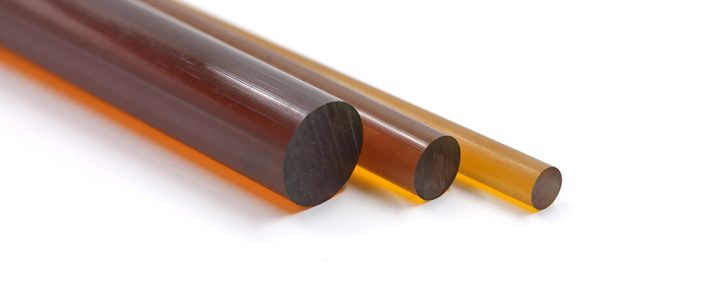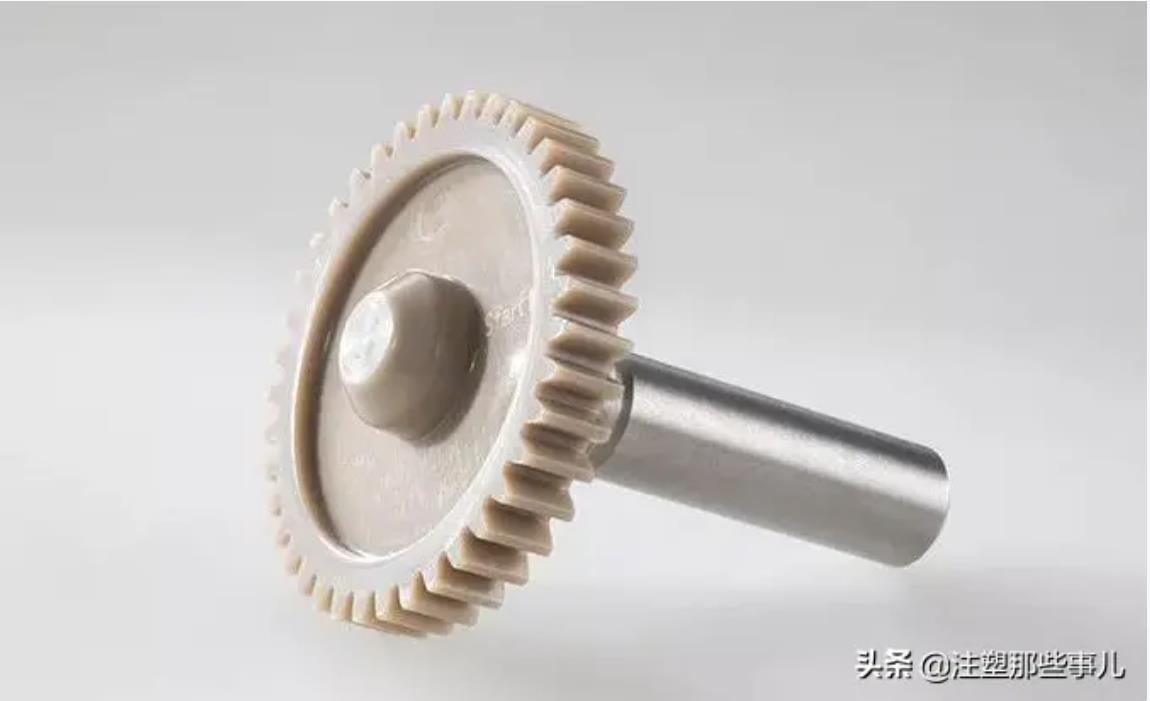
PEI Rods and Plates
The ULTEMTM family of amorphous thermoplastic polyetherimide (PEI) resins offers outstanding elevated thermal resistance, high strength and stiffness, and broad chemical resistance. PEI resins are used in medical and chemical applications due to their hea
PEI Rods and Plates
The UltemTM family of amorphous thermoplastic polyetherimide (PEI) resins offers outstanding elevated thermal resistance, high strength and stiffness, and broad chemical resistance. PEI resins are used in medical and chemical applications due to their heat resistance, solvent resistance and flame resistance. PEI has high mechanical properties and performs in continuous use to 340°F (170°C). PEI resins uniquely balance both mechanical properties and processability, offering design engineers exceptional flexibility and freedom.
Key Features
Typical Applications
Our extruded STOCK SHAPES of the following grades provide a wide range of performance options:
Unfilled PEI:
Glass Fiber reinforced ULTEMTM
Recommended products

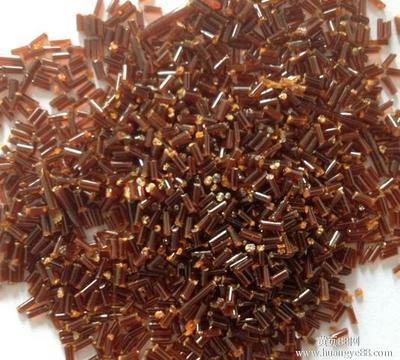
Thermoplastic Polyimide (TPI)

Polyetheretherketone (PEEK)
